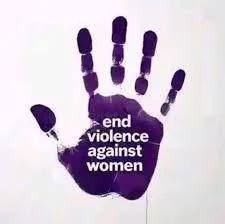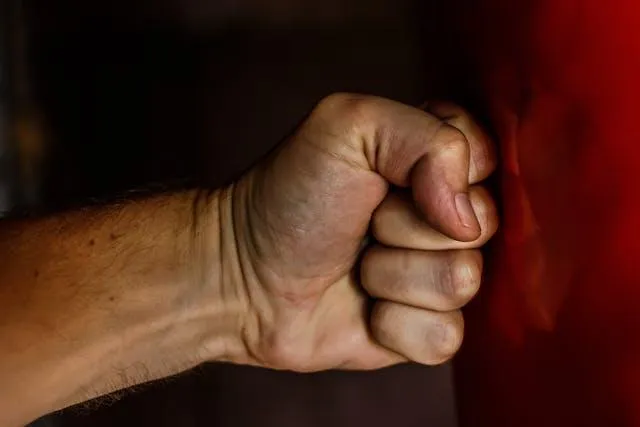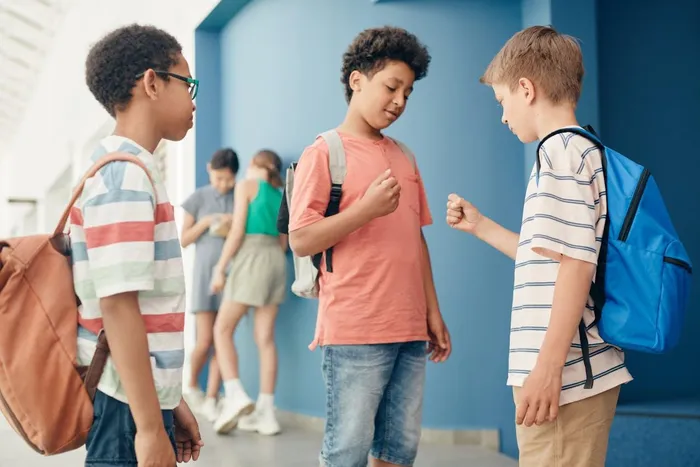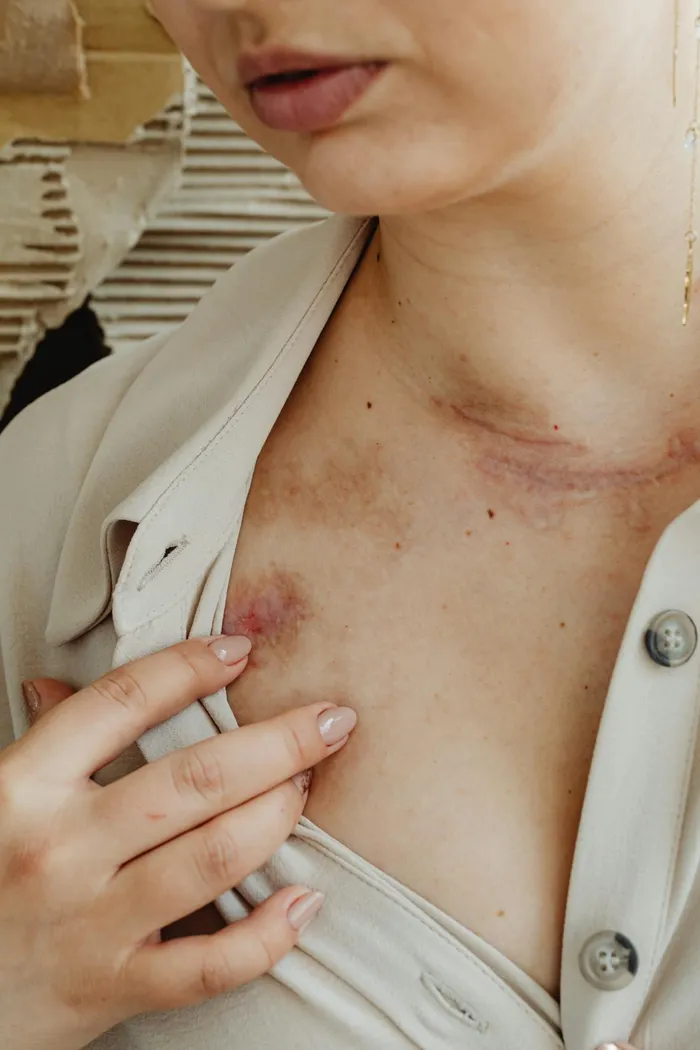South Africa's historic shutdown: uniting against gender-based violence

On November 21, South African women and allies are bringing the country to a standstill as part of a historic movement of our time to fight GBV and femicide.
Image: Supplied
South Africa is a country in crisis. Every day, women and children live in fear of becoming victims of gender-based violence (GBV).
GBV isn’t a woman’s issue. It's a national health crisis. According to the South African police service, 11 women are murdered every day. That's one woman every 2.5 hours. Between April 2023 and March 2024, more than 5 500 women were killed.
Rape statistics are even more horrifying: 113 rapes are reported daily, nearly five every hour. However, researchers from Action Society and the Dullah Omar Institute caution that the actual number is likely far higher due to underreporting, fear and shame.
These are not just statistics; they are mothers, sisters, daughters, girlfriends, colleagues and friends. This shutdown is a collective cry for every woman whose life was tragically cut short before she could return home.

South Africa faces a gender-based violence crisis, with alarming statistics highlighting the plight of women and children
Image: Pixabay
On November 21, South African women and allies are bringing the country to a standstill as part of a historic movement of our time to fight GBV and femicide. This nationwide shutdown, led by Women for Change (WFC) and amplified by public figures, celebrities and ordinary citizens, sent a clear message: the violence must stop.
This isn’t just a protest; it’s a call to action, a plea for justice, and a moment to educate society about the forms of abuse that women endure every single day.
The national shutdown is more than a symbolic gesture. It is a demand for accountability, policy reform, and societal change.
Women and allies across the country paused their paid and unpaid labour to demonstrate the magnitude of their contributions to society and to highlight the devastating cost of violence against women.
At its core, GBV isn’t just about physical violence. It takes many forms, including:
- Physical violence: Hitting, slapping, pushing, or using weapons to harm.
- Sexual violence: Any sexual act without consent, including assault, harassment, and exploitation.
- Emotional abuse: Verbal insults, humiliation, threats, and controlling behaviour.
- Economic abuse: Restricting access to financial resources, education, or employment.
- Online violence: Cyberbullying, doxing, and the non-consensual sharing of private images.
These acts are all interconnected, often beginning with small, normalised behaviours, dismissive comments, subtle control, or verbal abuse that escalate into more overt violence.
As a society, we must stop turning a blind eye to these “small” acts and recognise them as precursors to femicide.
Educating the boy child is a key to change.
The fight against GBV isn’t just a women’s issue; it’s a societal one. To truly address the roots of violence, we must start with the boy child. Boys are often socialised to see dominance, aggression, and entitlement as markers of masculinity.
This toxic masculinity not only harms women but also limits boys’ emotional growth and perpetuates harmful gender norms.
Experts like Professor Rachel Jewkes, a global leader in GBV research, emphasise the importance of teaching boys about consent, respect, and emotional intelligence from a young age. GBV doesn’t start with a gun to a woman’s head; it starts when boys are taught that their worth is tied to power over others.

Boys are often socialised to view dominance, aggression, and entitlement as markers of masculinity
Image: Norma Mortenson /Pexels
Most femicide doesn’t “start” with murder; it starts with the small acts we excuse, the jokes we let go, the boys we don’t correct, the friends we don’t challenge, the red flags we normalise.
As experts from the World Bank point out, GBV is rooted in inequality, harmful gender norms, and power imbalance, and that starts in childhood.
When we raise emotionally intelligent boys, we raise safer men.
Parents, educators, and communities can play a transformative role by:
1. Modelling respectful relationships: Show boys what healthy, equal partnerships look like.
2. Teaching empathy and accountability: Encourage boys to understand the impact of their actions on others.
3. Calling out harmful behaviours: Don’t excuse teasing, bullying or misogynistic jokes as “just boys being boys.”
The movement gained momentum thanks to high-profile South Africans who used their platforms to amplify the message.
Springbok captain Siya Kolisi urged South Africans to wear purple in solidarity, changing his social media profile picture to reflect the movement’s signature colour.
Celebrities like Bonang Matheba, global sensation Tyla and Lerato Kganyago followed suit, turning their profiles purple and encouraging their followers to join the fight.
J'Something from Mi Casa called on leaders to take responsibility, while Miss South Africa 2025, Qhawekazi Mazaleni, declared GBV a national disaster, rallying over one million signatures on a petition to demand government action.

Physical violence involves hurting or trying to hurt a partner by hitting, kicking, burning, grabbing, pinching, shoving, slapping, hair-pulling, biting, denying medical care or forcing alcohol and/or drug use, or using other physical force. It may include property damage.
Image: Karola G/Pexels
And the unforgettable purple suit worn by actor Sandile Mahlangu, printed with the faces of murdered women, resurfaced as a heartbreaking reminder of the human cost behind the fight against GBV as a symbol of visual protest.
Even internationally, the movement resonated. While in Thailand, Miss Universe South Africa Melissa Nayimulu expressed her solidarity, reminding us that GBV is a global issue.
According to the World Health Organization (WHO), violence against women and girls is one of the most pervasive human rights violations globally, with devastating physical, emotional, and economic impacts.
For survivors, the scars of GBV can last a lifetime. Many suffer from post-traumatic stress disorder (PTSD), depression, and chronic health issues.
Economically, survivors face barriers to employment, financial independence, and education. Collectively, GBV costs countries billions in healthcare, legal services, and lost productivity.
Yet, beyond the numbers are the stories of women whose lives have been cut short, children who grow up without mothers, and communities fractured by grief. This is why we fight. This is why women are standing still.
How you can help
The fight against GBV requires collective action. Here’s how you can make a difference:
1. Educate yourself and others: Learn about the signs of abuse and share resources with those who may need them.
2. Speak up: Challenge harmful behaviours and attitudes in your circles. Silence enables violence.
3. Support survivors: Believe them, listen without judgment, and help them access the resources they need.
4. Demand accountability: Push for systemic changes, from stricter laws to better support services for survivors.
As Somizi Mhlongo said, “You are more powerful together than apart.” This movement is about solidarity, not just with survivors, but with every woman and child who deserves to live without fear.
Each of us has a role to play in dismantling the systems that perpetuate violence. Together, we can create a world where women and children are safe, respected, and free to thrive.
21 November, we say: enough.